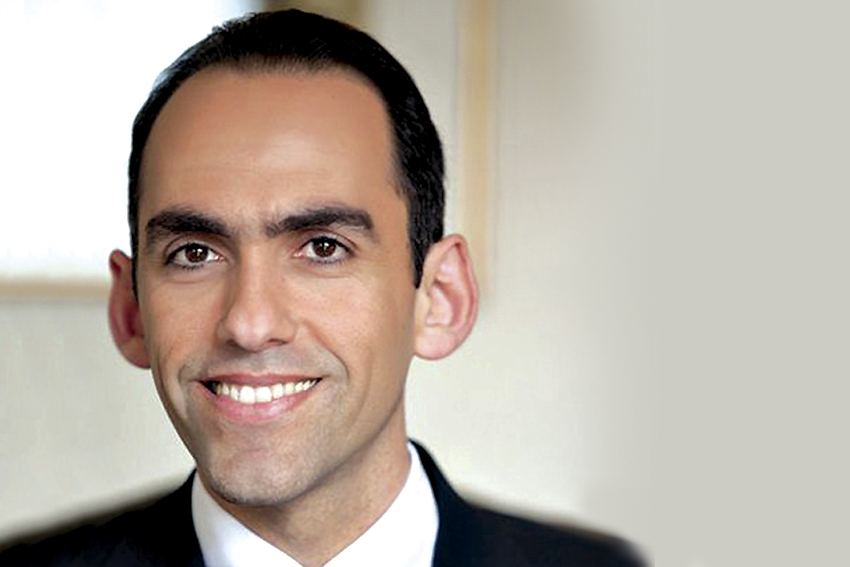The European commission has praised Cyprus for the “enormous efforts” made in social, political and economic reform over the past two years. These efforts are already “delivering early results”, says Finance Minister Harris Georgiades

If it is true that crisis is the gateway to opportunity, then what has been happening lately in Cyprus certainly merits close examination as the island nation’s to-do list advances beyond mere reforms and moves towards something more like a systemic reset of its financial institutions. It is an ongoing and far from painless process, but one that won the approval of European Commission President Jean-Claude Juncker on his official visit to the island last July.
“Cyprus has been going in the last two years through an economic adjustment programme,” he told lawmakers. “It has required – as I know – enormous efforts: social, political, economic efforts. I want to pay tribute to these efforts and the commitment of your political leaders to implement the programme and to welcome the fact that now the results are visible: the financial sector, which was not an easy thing to be done, is stabilising, confidence is growing and the economy is doing better.”
The crisis was itself triggered by the imminent failure of local banks that were heavily exposed to Greek bonds and holding credit portfolios choking with non-performing loans. Dealing with those threats exposed a series of shortcomings long overdue for remedial action to bring them up to EU best practice standards.
Among the institutions targeted was a bloated and unproductive civil service, one that even President Nicos Anastasiades does not hesitate to characterise as “terrible” – riddled with nepotism, inefficiency and corruption. “Our goal,” the president says, “is to implement a new, more efficient public administration system, a system in which positions of responsibility will be awarded to the most worthy that will be fairly awarded through written exams and a modern system of assessment.”
Privatisation of state-owned industries is more than just a good idea; it is a hard and fast requirement of the international bailout deal that the government raise €1.2 billion (£850 million) by selling off state assets. Those plans received a setback in February 2014, when a draft bill that would have paved the way for ports, power utilities and the phone company transferring to private hands was roundly rejected by parliament. A slightly amended version passed a few weeks later, although fears that jobs and accumulated privileges would be slashed under the new owners have not been entirely dispelled and the measure remains deeply unpopular.
No one is throwing in the towel just yet. “Apart from being an obligation, the privatisation programme is also an opportunity to attract investment, bolster efficiency and competitiveness and shed the weight of state control on significant sectors of the economy,” insists Harris Georgiades, the finance minister in Mr. Anastasiades’ cabinet. He is convinced the recovery trail will not be not be as steep as some have made it out to be because Cyprus’ core economic drivers – tourism, shipping and services – survived the catastrophe relatively unscathed and are spearheading the current recovery.
“We have always been a very attractive tourist destination. We also have a significant shipping industry. We are a major ship management centre in the EU and we didn’t lose a single company, mainly because we have unrivalled local expertise, a competitive tax regime and excellent professional services. Banking was a problem, it had over expanded, but we showed that our business and financial services were much more than banking. These include legal, audit and fiduciary services, as well as new areas like the fund management and the Forex industry.”
Speaking to the press after the 2015-2016 budget was passed this past September, Mr. Georgiades said the country was registering “satisfactory growth” and that a 5% increase in government spending had been factored into the budget without having to resort to tax increases or cuts in spending. The recent sale of a one billion euro bond on international markets is another sign that normality, and investor confidence, is being restored.
“We are maintaining everything that was healthy and strong but we are changing everything that was holding us back,” the Finance Minister asserts. “We chose to treat the crisis as an opportunity – an opportunity for change. This effort is already delivering early results. We are back in positive growth rates and Cyprus is fast becoming an island of new opportunities.”
0 COMMENTS